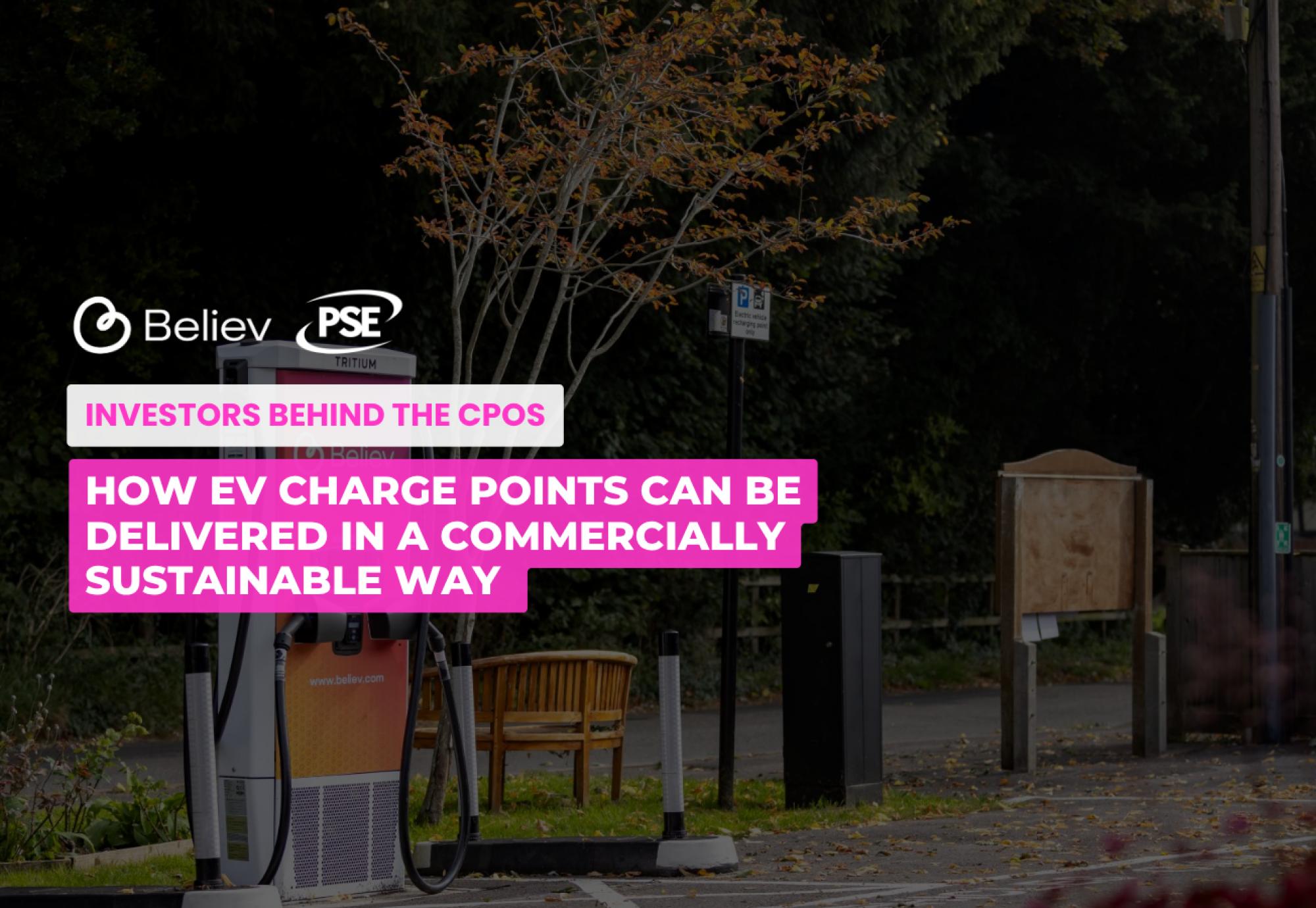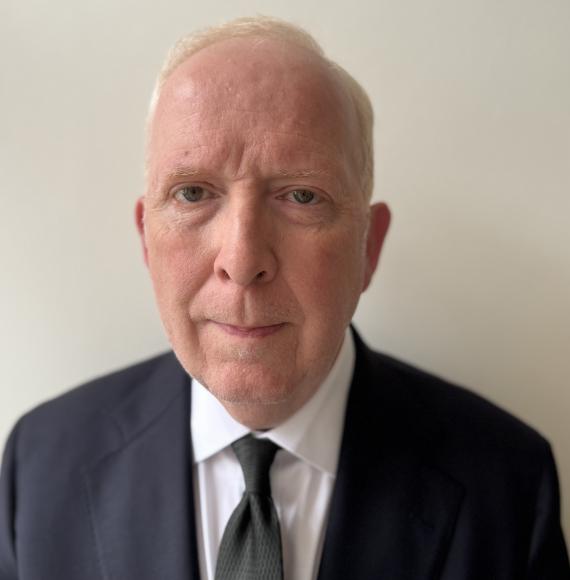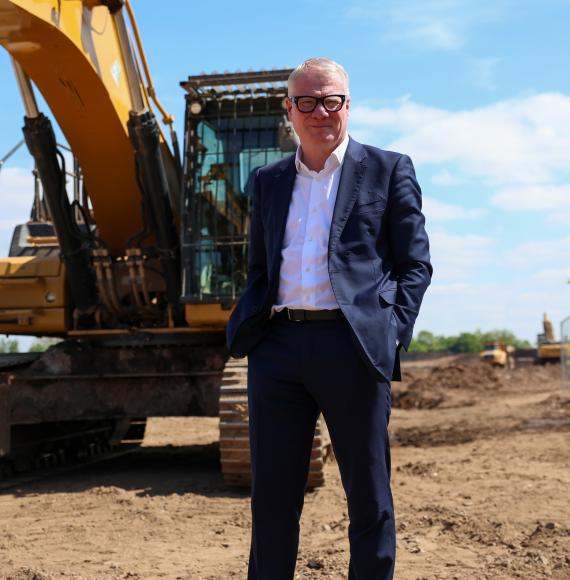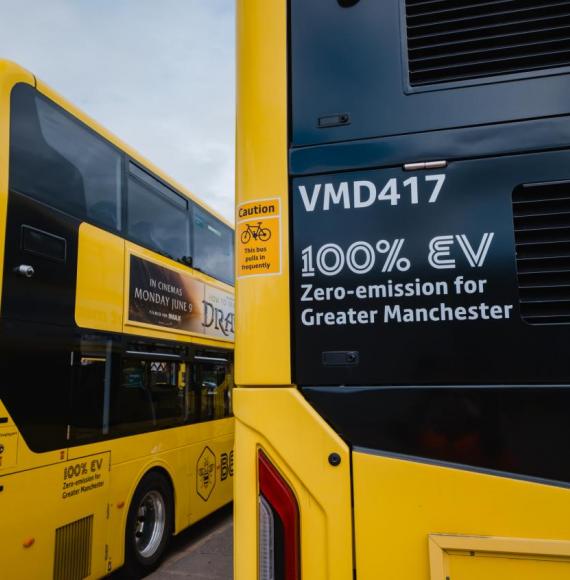In the latest in a series of webinars hosted by Public Sector Executive and Believ, experts looked into the crucial role local authorities play in the transition to electric vehicles and the challenges they face in securing private sector investment for EV charging infrastructure.
With the rise of electric vehicles, local authorities are tasked not only with facilitating the rollout of charging points but also with ensuring that these initiatives are commercially viable and sustainable in the long term.
The expert panel, featuring representatives from Believ, Scottish Futures Trust and Zouk Capital, offered their valuable insights into the complexities of procurement strategies, tariff setting, and site selection.
Charlie Allen, Believ’s Head of Public Sector Partnerships, hosted the webinar and began by asking the delegates how important funding is, and getting on board with a well-backed charge point operator, when it comes to large rollout tenders. Massimo Resta, Managing Partner (Infrastructure) at Zouk Capital, commented on this, saying: “I suppose it’s quite important. This is a very capital-intensive business, where you need to install and run the infrastructure that will serve, for the next 20 to 25 years, an increasing number of electric vehicles on the ground.
“It’s not really only about installing the sockets, but also about running a business that is quite complex because there is a software angle, there is a B2B angle in relation to the contracts between the CPO and the host of the infrastructure and finally B2C angle because you need to gather for drivers’ need and it’s quite complex.”
The conversation then moved on to what local authorities are looking for when it comes to procurement and making sure that they are partnering with somebody that will be around for the long run. In response to this, Alistair Young, Scottish Futures Trust’s Associate Director for Net Zero Transport, commented: “Most local authorities that I’ve had the pleasure of working with see themselves as enabling future services delivered by the private sector, rather than providing the services themselves. Historically in Scotland, grant funding was a lot more readily available, and we were able to build our initial network, which was largely driven by funding from Transport Scotland or OZEV…
“The majority of local authorities now wish to divest themselves of that responsibility and transfer that network to a long-term sustainable partnership that not only takes on board the existing asset stock and leverages off that income stream.”
Offering a point of view from a charge point operator, Matt Croucher, Believ’s Chief Commercial Director, spoke about what kind of messages CPOs want local authorities to be aware of when it comes to those long-term partnerships. Matt said: “I think we, over the last few years, have witnessed a real pivot in the market away from what was, for a long time, a very grant funding led – propped up by and instigated by the public sector – delivery model, to a way more private sector funded led model…
“The key thing for me is always to encourage that local authorities and private landowners need to be really careful as to who they look to partner up with now because these are long term investments. It’s one thing buying a charger, putting it in the ground, but to operate and maintain that is not for everyone.”
As we move towards a more electrified transport system, the insights shared in this webinar will be invaluable for local authorities looking to make informed decisions about EV charging infrastructure. In order to hear everything that the experts covered and gain crucial knowledge, watch the full webinar on demand here.



















